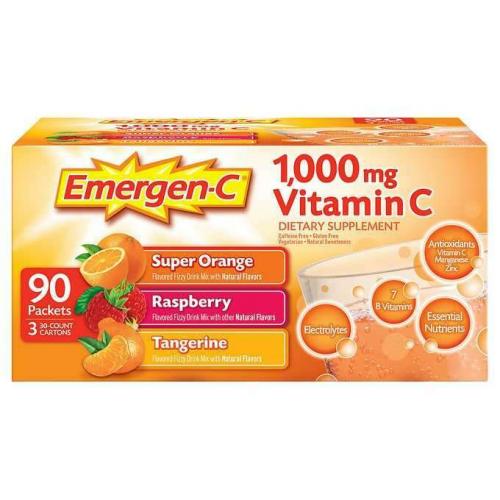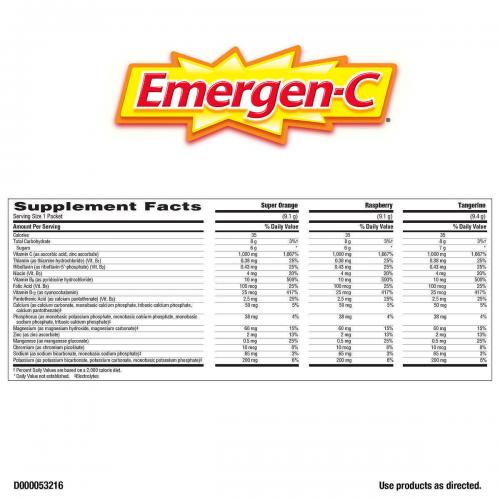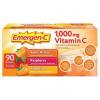Emergen-C Vitamin C 1,000 mg. Variety Pack Drink Mix, 90 Packets
ID: 16457 Open
- Available
- 6
297 views
217 watching
 Deliver to: Ships in 24/48 hrs
Deliver to: Ships in 24/48 hrs
 Deliver to: Ships in 24/48 hrs
Deliver to: Ships in 24/48 hrs Seller Info
- Seller
- perfumeria (4 )
- Registered Since
- 12/01/2018 17:37:23
- Feedback
- 75%
- View Seller's Other Items
- Visit Store
- Perfumeria
Sales History
The listing has not been sold.
Shipping
- Item Location
- 78759, Texas, United States
- Ships To
- United States
Postage Calculator
- Select Country
- Zip/Post Code
- Quantity
- Shipping Instructions
- -
- Payment Methods
- PayPal
- Returns Accepted
- No
Description
Shipping Notice: No Freight Forwarder / No Hotel Address / No PO BOX / No additional Code in Address / Commercial Address Must need to add Company Name
- Immune Support
- Made with Natural Fruit Flavors
- B Vitamins to Enhance Energy Naturally
- Electrolytes and Caffeine Free
- Includes 30 Super Orange, 30 Raspberry and 30 Tangerine







 Have one to sell?
Have one to sell? 











